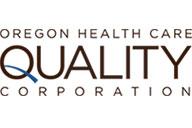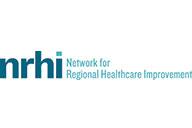A new report published by MN Community Measurement allows consumers, for the first time, to compare the total cost of care at medical groups across the state. Costs from more than 1.5 million patients were included in the report, which is the nation’s most comprehensive look at the total cost of care. Information is available for 115 medical groups, representing 1,052 clinics across Minnesota, on MNHealthScores.org.
The average monthly cost of medical care per patient is $435 in Minnesota and just a small reduction could save millions. A reduction in the average per patient cost of just $12 per month, or $144 per year, would save Minnesotans $750 million in health care costs annually.
“Total cost of care is a major problem in our society, not just for health care,” said Dr. David Satin, family medicine physician with University of Minnesota Physicians. “There’s a wide swath of things we can do today to improve the total cost of care – in particular beginning to discuss and eliminate unwarranted variation in care.”













